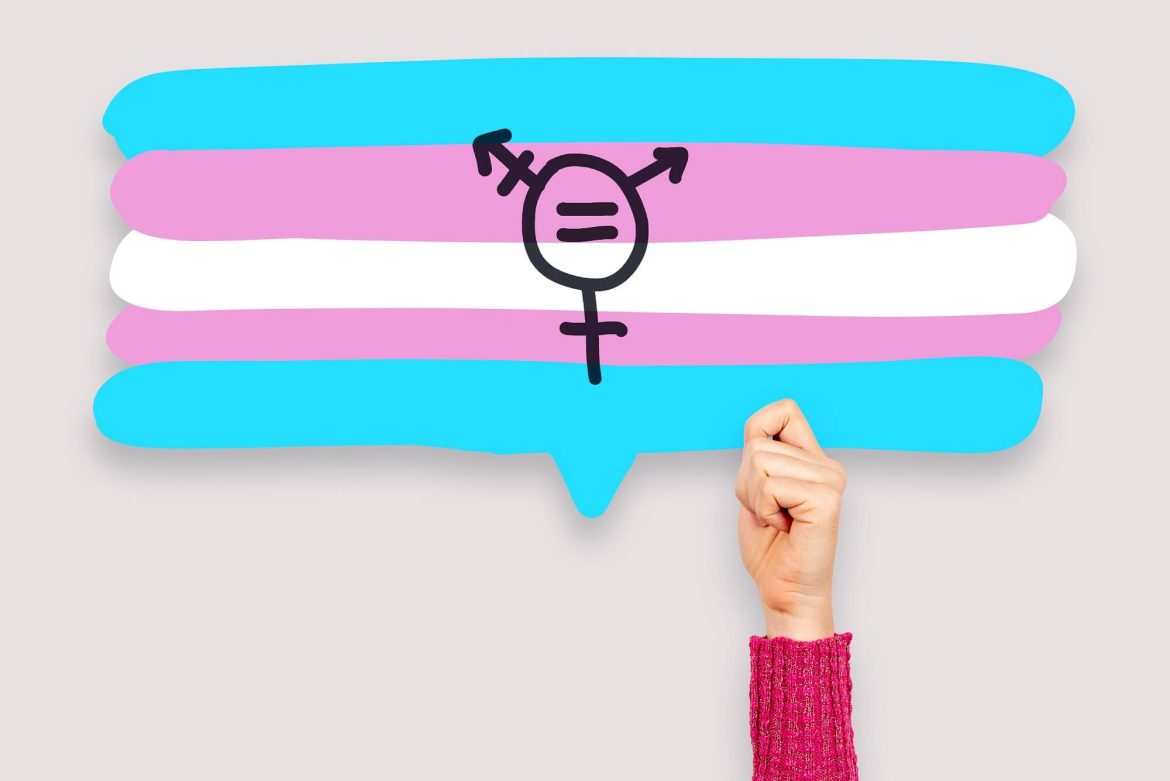Understanding Gender Identity: The Journey Towards Acceptance
Understanding gender identity is instrumental in comprehending the intricate realities of transgender individuals in society. Recognizing our gender identity and those of others forms an essential part of our humanity. Whether we identify along the binary of male or female or outside these traditional norms, our gender identity is an essential facet of our identities. Transgender people, who may have a gender identity that differs from their assigned sex at birth, can face a unique set of challenges. These challenges often revolve around acceptance and understanding by the general population, family, friends, and healthcare providers. This lack of understanding can drastically affect the mental health of transgender individuals, leading to increased mental health challenges and hindered access to quality health care.
Defining Gender Dysphoria and its Impact on Mental Health
Gender dysphoria is a term used by medical professionals and scholars to describe the distress a person may feel due to the sex and gender they were assigned at birth. The Diagnostic and Statistical Manual of Mental Disorders officially recognizes this, which outlines the criteria for a gender dysphoria diagnosis.
Transitioning Anxiety: The Role of LGBTQ+ Mental Health
Whether socially, legally, or medically, transition is a deeply personal journey. According to et al., this journey can be marked by feelings of anxiety and may exacerbate pre-existing mental health conditions. Consequently, the mental health of transgender individuals can be adversely affected without affirmative mental health services, community support, and acceptance.
Unpacking Intersectionality in LGBTQ+ Mental Health: The Role of Gender Minority Stress
Gender Minority Stress refers to the mental strain that transgender people face due to their societal marginalized status. This stress is the combined effect of external factors such as discrimination and harassment and internal issues, including expectations related to heteronormative roles and internalized homophobia. It is a crucial factor that produces health disparities within the LGBTQ+ community compared to the heterosexual and cisgender general population.
Non-binary Well-being: Inclusive Spaces and Gender Expression Exploration
In the journey of self-discovery and acceptance, transgender people, including those identifying as non-binary, may encounter numerous health challenges. Societal norms, discrimination, and lack of public awareness can cause undue mental strain and hinder access to appropriate health services. Transgender Mental Health: Addressing Challenges and Seeking Support remains an urgent need today.
The Importance of Culturally Competent Counseling in Gender-affirming Care
Access to culturally competent counseling and gender-affirming healthcare is a human right and a public health necessity. Culturally competent healthcare services are sensitive to the specific health outcomes of diverse populations, including the complexities of transgender health. This requires substantial education and training for healthcare providers to offer tailored gender-affirming health care services that address health disparities faced by the transgender community.

Trans Youth Resilience: Building Strength through Mental Health Advocacy
Transgender youth face distinctive challenges compared to their cisgender counterparts, brought about by societal and familial perceptions of transgender identities. Et al have pointed out that peer victimization, rejection, and discrimination are common experiences which take a toll on their mental health.
Queer Community Support: A Vital Component in Affirmative Psychotherapy
In providing Support for transgender youth and adults, the role of the queer community cannot be neglected. Queer community support fosters a sense of belongingness and provides mental and emotional Support, resources, and validation for transgender individuals.
Trans Rights and Mental Wellness: The Importance of Transgender Acceptance and Respect
Transgender acceptance and respect are essential to building an equitable and healthy society. A lack of it results in mental distress and negative health outcomes. It can lead to elevated depression, anxiety, suicidal ideation, and suicide attempts amongst the transgender community.
Hormone Therapy Support: An Essential in Transgender Mental Wellness
Hormone therapy, as a part of health care for transgender individuals, significantly contributes to improving mental well-being. Support systems, both online and offline, play a crucial role in the successful transition process. Lastly, societal acceptance, respect toward gender identities, and access to quality health care are essential for the mental wellness of the transgender community. Emphasizing a comprehensive, patient-centered approach can ensure the well-being of the transgender population. An increased understanding of transgender issues can contribute to a more inclusive society maximally supportive of mental health.


